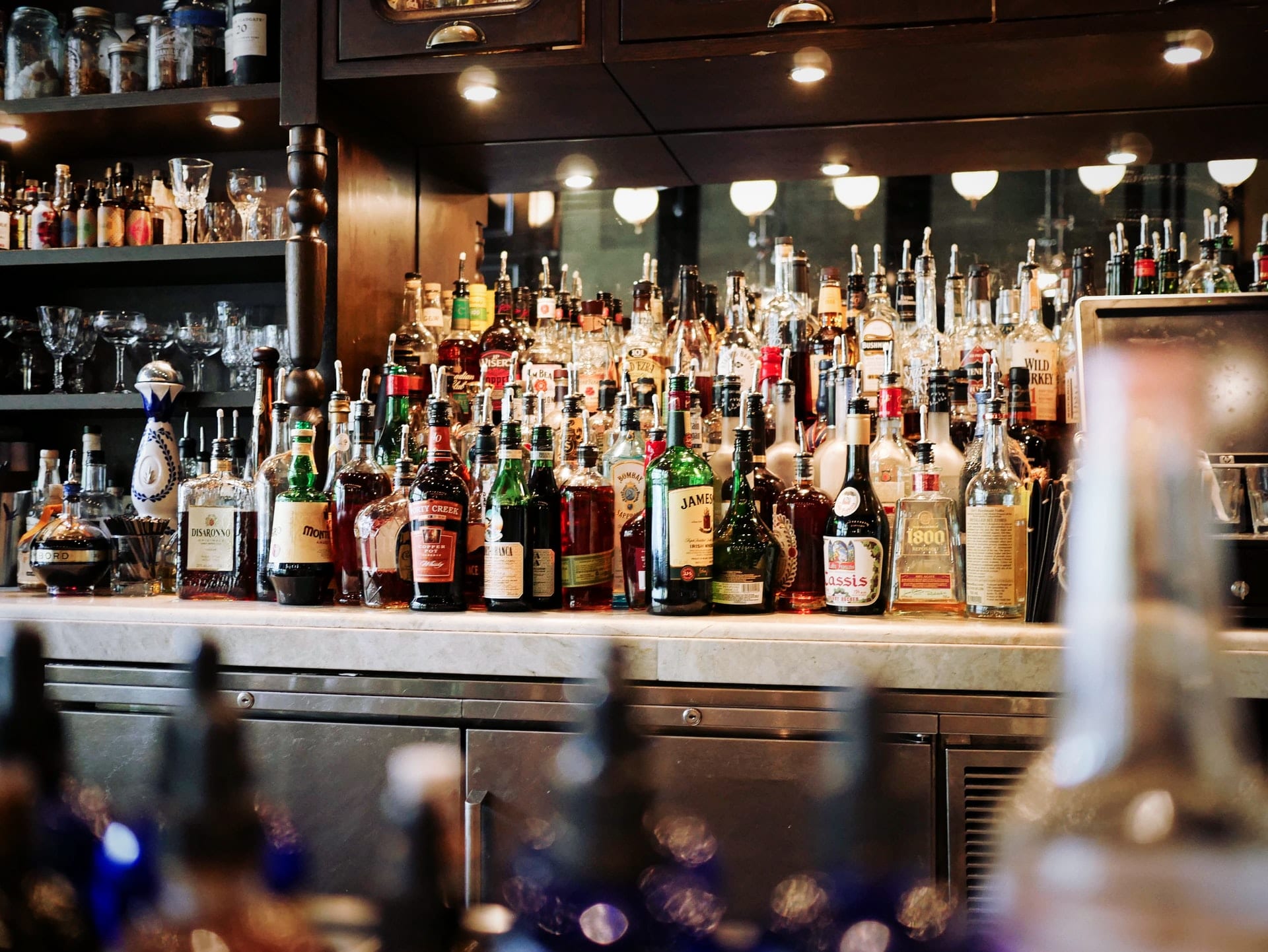Do you experience heart-pounding after drinking alcohol? You may be experiencing some secondary effects of alcohol before the body finally metabolizes it. People respond to the presence of alcohol in their bloodstream differently. People who have been drinking for years may no longer be affected by these secondary effects too much, but the after-effects remain present in the body.
People who have never consumed alcohol before will also report a different experience depending on how their bodies respond to the chemical compound. In today’s blog, we will be discussing how alcoholic beverages can affect your cardiovascular system, and what you can do to regulate your body’s response to it, in the context of better wellness.
Does alcohol increase blood pressure?
The short answer to this question is yes, and alcohol can directly impact your blood pressure, causing it to rise. Blood pressure is different from the pulse rate or heart rate. Blood pressure is the measurement of the pressure exerted against the walls of blood vessels as the heart pumps blood throughout the body.
When we say that a person has high blood pressure, the heart is exerting more force than necessary to pump blood. More exertion equals more damage to the heart muscle in the long term, which is why we’d like to keep blood pressure at a lower and safer value. Normal blood pressure is 120/80 – any more than this, and you should have yourself checked out by a GP or cardiologist.
Drinking alcohol infrequently can cause your blood pressure to go up temporarily. If you are a regular drinker (more than one serving of beer, wine, or any other liquor daily), then you become a candidate for alcohol-induced hypertension.
While there are multiple factors at play here, it is only through the reduction of alcoholic intake that you can reduce hypertension-related to alcohol consumption. Cardiologists, in general, recommend consuming no more than two servings per day of beer or wine.
In the United States, the recommendation is just one serving per day for both men and women. What happens when you drink more than what is safely recommended? You may expose yourself to a higher risk of developing alcohol-related hypertension, which will likely damage your heart in the long term.
Does alcohol increase heart rate?
Alcohol has been known to cause variability in a person’s heartbeat, so it’s not just a higher heart rate that you should be worried about, you should also be worried about the possibility of a lower heart rate – below what is considered normal.
Many studies indicate that years of heavy drinking can also regularly trigger a condition called tachycardia. Tachycardia occurs when the electrical signals of the heart muscles are weakened, resulting in an erratic heartbeat and smooth muscle activity.
Tachycardia alone won’t kill you instantly, but if you experience it regularly and if you also experience a surge in its severity due to regular consumption of alcohol, then you may eventually experience a heart attack or stroke secondary to tachycardia episodes due to regular alcoholic consumption.
Take note also that tachycardia is capable of causing deadly blood clots throughout the body, and these blood clots can cause heart problems and even death.
How To Slow Heart Rate After Drinking Alcohol
The simplest way to take care of your heart while drinking alcohol is to space it out between drinks, and do not overdo it. Alcohol has a depressant effect on the body, which means when you drink too much alcohol, the opposite effect will take place. It will begin to lower your blood pressure and your heart rate to potentially deadly levels.
This is the reason why some people suffer from strokes or heart attacks after drinking heavily. Their hearts can no longer compensate for the direct impact of the alcohol, and their cardiovascular systems just give up.
According to cardiologists, by its nature, alcohol can and will cause heart rhythm anomalies as you consume it.
Some of these anomalies are just annoying, but some, like atrial fibrillation, are indeed serious, and you should never ignore them. When you drink alcohol, for instance, it’s possible that what you are feeling at the moment is a combination of dehydration, alcohol, and a sudden adrenaline response to the act of drinking alcohol itself.
Take note that you have various other systems operating at the same time, and alcohol will affect them differently. Alcohol can even affect the release of dopamine, the neurotransmitter associated with pleasure.
If you dislike the feeling of having a faster heart rate because of alcohol, the best way to avoid the feeling is to avoid alcohol altogether.
When alcohol hits your bloodstream, one of the first things it does is it dilates your blood vessels, which the heart compensates for by increasing its blood pressure.
As long as the blood vessels are wide, the heart is going to pump more forcefully to ensure that the blood is carried to where it needs to be carried regardless of the state of dilation of the blood vessels.
Another experience that people complain about while drinking alcohol is palpitations.
Palpitations are essentially heartbeats that can be felt. On their own, they are not deadly, but frequent, and pronounced palpitations may be indicative of more serious problems that may need to be checked out soon. It is also important to realize that your stress levels and mental state also have an impact on how alcohol can affect your body.
Some people drink to enjoy themselves, and the more painful secondary effects of alcohol may not be that bothersome to them because they are having fun. However, if you are extremely angry or stressed and you drink to wind down or control your temper, then you may experience more severe cardiac anomalies because of the stress such as painful palpitations, high blood pressure, and the like.

